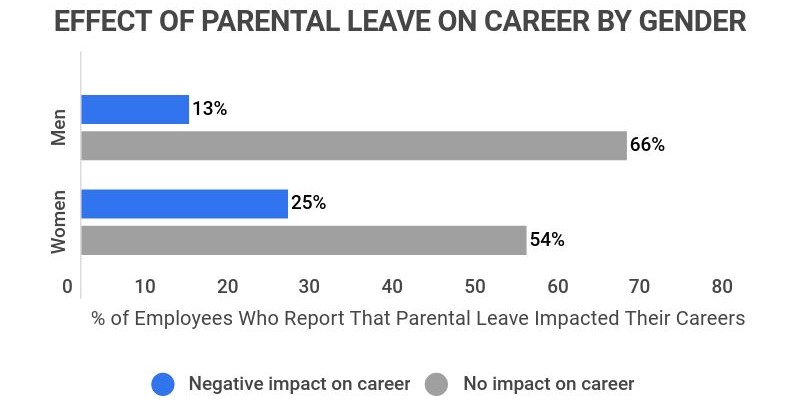Paternity leave, or time off work granted to fathers after the birth or adoption of a child, has long been a controversial topic. While some argue that fathers should have the same opportunities for bonding with their newborns as mothers do, others believe that paternity leave could be detrimental to a company's productivity and financial stability. In this essay, I will explore both sides of the argument and ultimately argue that fathers should indeed be granted paternity leave.
One argument in favor of paternity leave is that it allows fathers to take an active role in the early care and development of their children. Research has consistently shown that fathers play a crucial role in the physical, emotional, and cognitive development of their children, and that their involvement in early childhood can have a lasting impact. Allowing fathers to take time off work to bond with their newborns and support their partners can therefore have long-term benefits for both the father-child relationship and the child's overall development.
Paternity leave can also have positive effects on the family as a whole. For many families, having a new child can be a stressful and overwhelming experience, and fathers who are able to take time off work to help with the transition may be better equipped to support their partners and provide a sense of stability for the family. Additionally, paternity leave can help to reduce the burden on mothers, who are often the primary caregivers in the early months after childbirth. This can lead to improved mental health and well-being for both mothers and fathers, as well as better overall family functioning.
Another argument in favor of paternity leave is that it can help to promote gender equality in the workplace. Currently, women are much more likely to take time off work after giving birth than men, and this can contribute to the gender pay gap and limited opportunities for women in the workforce. By offering paternity leave to fathers, companies can help to level the playing field and promote a more equitable work environment.
On the other hand, some argue that paternity leave could have negative consequences for businesses. Some employers may be hesitant to offer paternity leave due to concerns about productivity and financial stability. For small businesses in particular, the loss of an employee for an extended period of time could have significant impacts on operations. Additionally, some argue that offering paternity leave could be unfair to other employees, who may have to take on additional responsibilities in the absence of their coworkers.
However, these concerns can be addressed through thoughtful planning and implementation. Employers can work with employees to develop plans for covering responsibilities during paternity leave, and can offer flexible scheduling or part-time options to fathers who wish to take time off. Many countries have also implemented paternity leave policies that provide financial support to fathers during their time off work, which can help to mitigate the financial impact on businesses.
In conclusion, the evidence strongly supports the argument that fathers should be granted paternity leave. While there may be concerns about the impact on businesses, these can be addressed through careful planning and implementation. Paternity leave has numerous benefits for fathers, children, and families, and promoting gender equality in the workplace. It is time for companies to recognize the importance of fathers in the care and development of their children and to offer paternity leave as a standard employee benefit.







